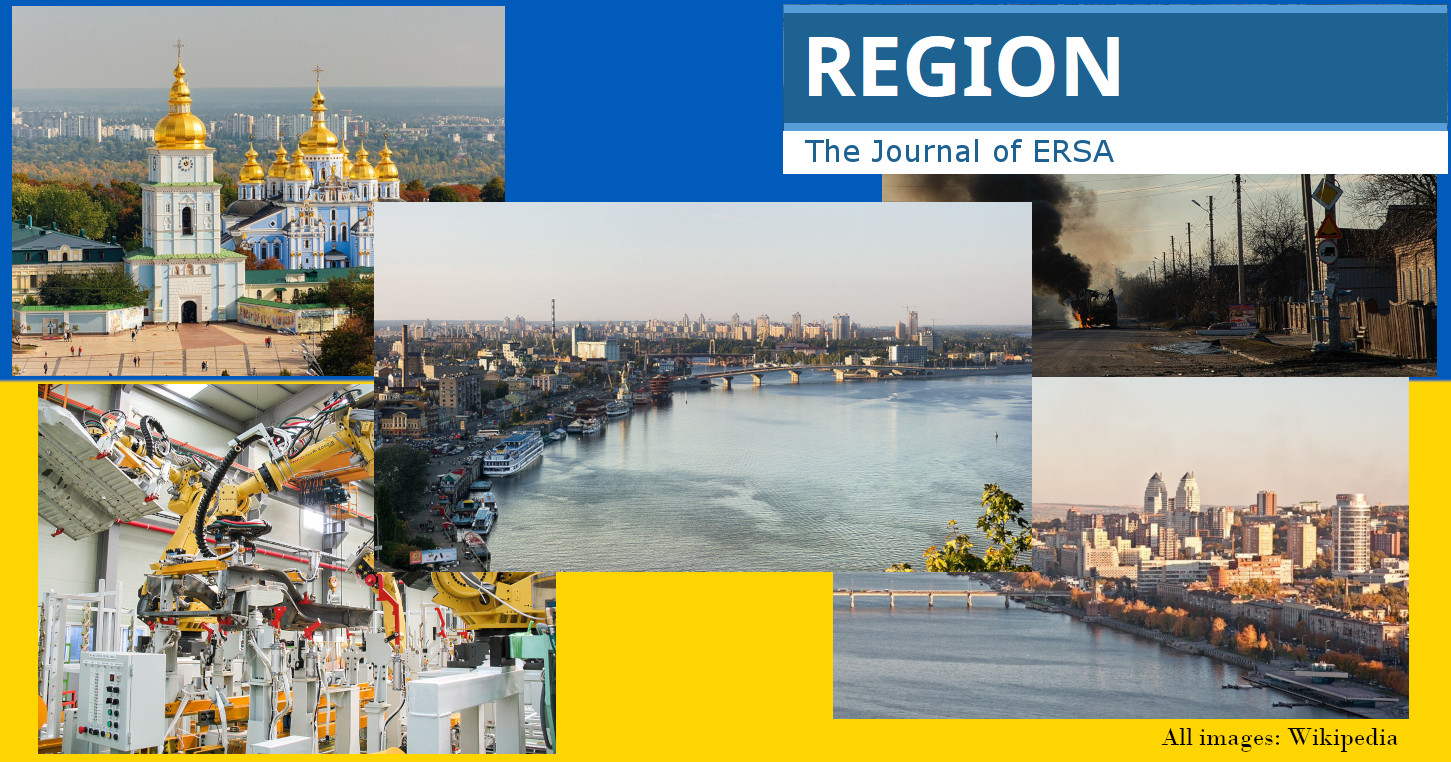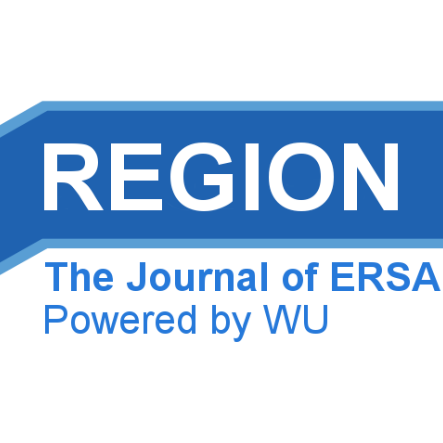Economic security of regions
A methodological approach to assessment, management, and legal regulation
DOI:
https://doi.org/10.18335/region.v9i1.375Abstract
At the present stage of development, one of the major problems of regions is ensuring their economic security. This requires the development of effective methodological approaches to assessing economic security at the regional level by governing bodies, and the development of directions for regulating economic security at the local and state levels. The purpose of the article is to form methodological tools for assessing the economic security of regions based on the method of fuzzy modeling, to develop approaches to managing the economic security of a region by public authorities and local governments. The article has proposed and analyzed indicators for assessing the economic security of regions. The expediency of using fuzzy logic tools to assess economic security at the meso-level has been substantiated. The effectiveness of the proposed approach has been tested on the example of Dnipropetrovsk, Odessa and Chernivtsi regions in Ukraine. The integral index of economic security has been modelled, together with its components: investment, innovation, financial, foreign economic, demographic, social security and security of economic activity. It has been empirically proven that the economic security of regions is determined not only by the resources available in the region, but also by the conditions created by the state and local governments for economic and innovation activities and for maintaining the level and quality of life, as well as institutional conditions. The article has proposed directions for economic and legal regulation of economic security in Ukraine, which are aimed at increasing the level of economic security in the depressed regions in Ukraine.

Downloads
Published
How to Cite
Issue
Section
License
Copyright (c) 2022 Ohla Ovcharenko, Larysa Korotka, Viktoriia Smiesova, Ohla Kuchkova, Roman Karpenko

This work is licensed under a Creative Commons Attribution-NonCommercial 4.0 International License.
REGION is an open journal, and uses the standard Creative Commons license: Copyright We want authors to retain the maximum control over their work consistent with the first goal. For this reason, authors who publish in REGION will release their articles under the Creative Commons Attribution license. This license allows anyone to copy and distribute the article provided that appropriate attribution is given to REGION and the authors. For details of the rights authors grant users of their work, see the "human-readable summary" of the license, with a link to the full license. (Note that "you" refers to a user, not an author, in the summary.) Upon submission, the authors agree that the following three items are true: 1) The manuscript named above: a) represents valid work and neither it nor any other that I have written with substantially similar content has been published before in any form except as a preprint, b) is not concurrently submitted to another publication, and c) does not infringe anyone’s copyright. The Author(s) holds ERSA, WU, REGION, and the Editors of REGION harmless against all copyright claims. d) I have, or a coauthor has, had sufficient access to the data to verify the manuscript’s scientific integrity. 2) If asked, I will provide or fully cooperate in providing the data on which the manuscript is based so the editors or their assignees can examine it (where possible) 3) For papers with more than one author, I as the submitter have the permission of the coauthors to submit this work, and all authors agree that the corresponding author will be the main correspondent with the editorial office, and review the edited manuscript and proof. If there is only one author, I will be the corresponding author and agree to handle these responsibilities.




